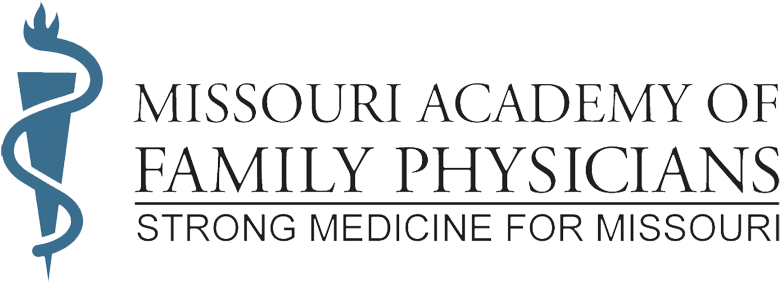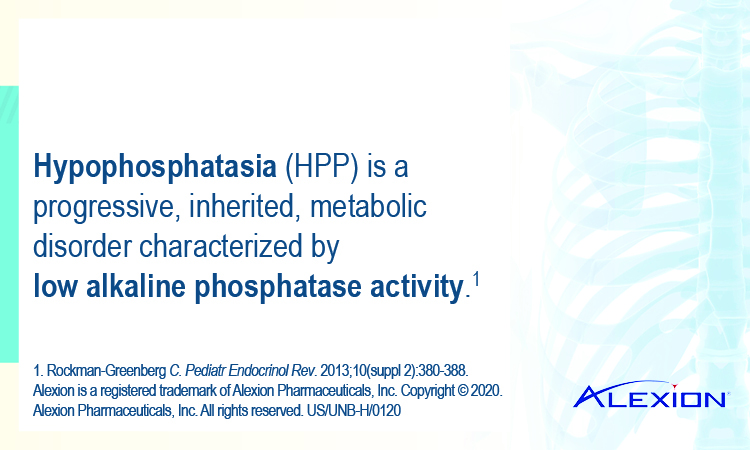St. Louis County PDMP: Setting a Standard of Best Practices for a Statewide Program
Haley Alder, MPH and Emily Doucette, MD, MSPH, FAAFP
A Prescription Drug Monitoring Program (PDMP) is an important tool for preventing patients from developing potentially harmful prescribed opioid use behaviors and overdoses. The St. Louis County PDMP monitors the prescribing and dispensing of Schedule II-IV controlled substances and allows healthcare providers to review a patient’s controlled substance prescription history to assist in the identification and prevention of prescription drug misuse and overdose. The PDMP is meant to be a clinical care tool used to support patients and is not meant to be used as grounds to dismiss patients from care or to punitively monitor the prescribing patterns of providers. A recent systematic review demonstrates that PDMPs are effective in curbing misuse and mortality related to controlled substances when consistently and appropriately utilized1.
In lieu of a statewide system, the St. Louis County PDMP launched in 2017 and currently covers 85% of the Missouri population and 94% of healthcare providers. The goals of the program are to 1) improve opioid prescribing, 2) inform clinical practice, and 3) reduce the number of people who misuse medications or overdose.
How to Use the PDMP
The PDMP can be accessed via the web portal at https://missouri.pmpaware.net/ or through an approved EHR integration. Providers must first register with their professional healthcare credentials and applicable licenses. Providers may delegate access to support staff as well.
In coordination with discussing a patient’s current medications and developing a treatment plan, it is recommended that providers check the PDMP before:
- Prescribing a controlled substance for a new patient
- Modifying a patient’s current treatment plan (by changing the dosage or drug/ingredient)
- Writing a new controlled substance prescription for an established patient
- Please note that as of as of 10/1/2021, providers within PDMP participating jurisdictions are also required to check the PDMP prior to prescribing a Schedule II-IV controlled substance to a Medicaid recipient, per the SUPPORT Act signed into federal law in 2018.
Some patients may also have a Clinical Alert within their PDMP report. Clinical Alerts serve as tools for healthcare providers to identify patients potentially at risk for overdose or substance use disorders and prompt a supportive conversation between the patient and provider. These should not be viewed as confirmation that a patient has engaged in inappropriate or illegal behavior. Rather, alerts may assist in the identification of a problematic pattern of opioid use, where additional screening and intervention may be beneficial. The alerts available in the PDMP are 1) multiple provider episodes, 2) overlapping opioid and benzodiazepine prescriptions, and 3) daily opioid dosage (MME).
St. Louis County PDMP will also be releasing additional system-level enhancements, such as NarxCare (https://apprisshealth.com/solutions/narxcare/), in the coming months to increase user-friendliness for providers and ultimately improve care outcomes.
Legislative Update
On May 12, 2021, the Missouri Legislature passed SB 63, which modifies provisions relating to monitoring certain controlled substances and authorizes the establishment of a statewide PDMP. While the legislation went into effect on August 28, 2021, several steps of program planning will need to be completed until the program is operational. The St. Louis County PDMP will continue to operate until a statewide program is fully operational and available for utilization by healthcare providers. It is the intention of the St. Louis County PDMP to continue to set a standard of best practices and transition a robust and effective system to the state of Missouri.
References
1 Fahd A, Norjihan AG, Nordiana AKS. Prescription drug monitoring programs in the US: A systematic literature review on its strength and weakness. Journal of Infection and Public Health. (13)10: 1456-1461. 2020.
About the Author
By: Haley Alder, MPH and Emily Doucette, MD, MSPH, FAAFP




